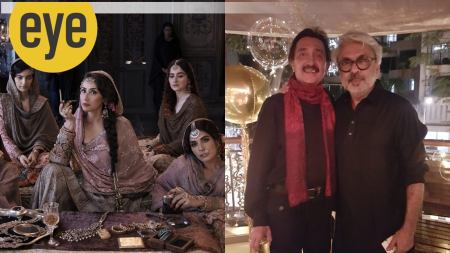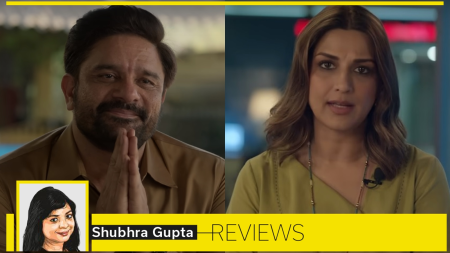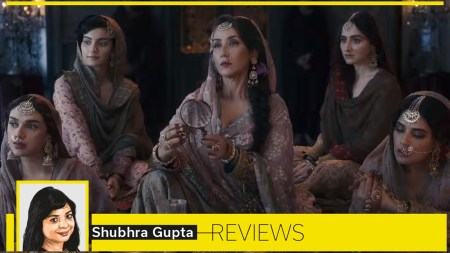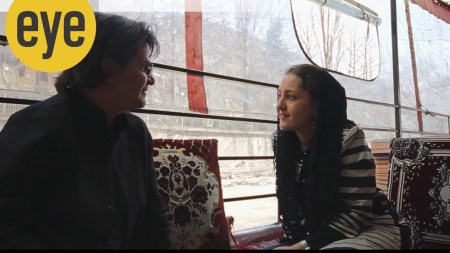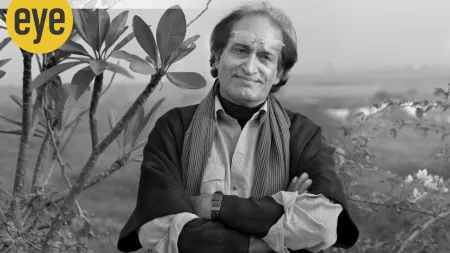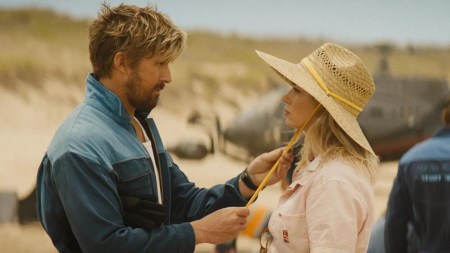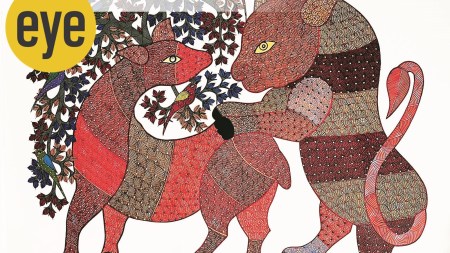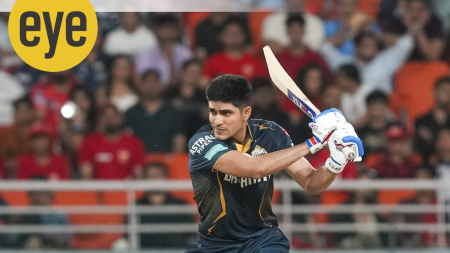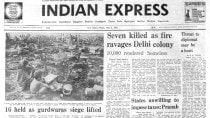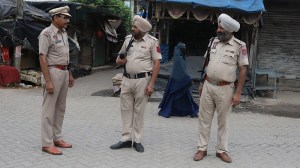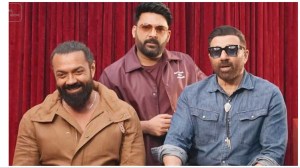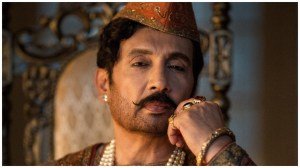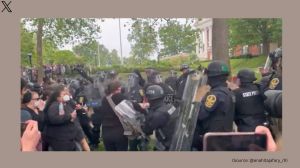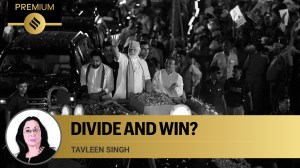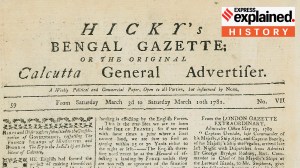- India
- International
Remembering Saleem Kidwai: Friend, scholar, queer rights activist
Chapal Mehra writes: Those who seek freedom, love and equality in India must carry forward Saleem Kidwai's work and legacy.
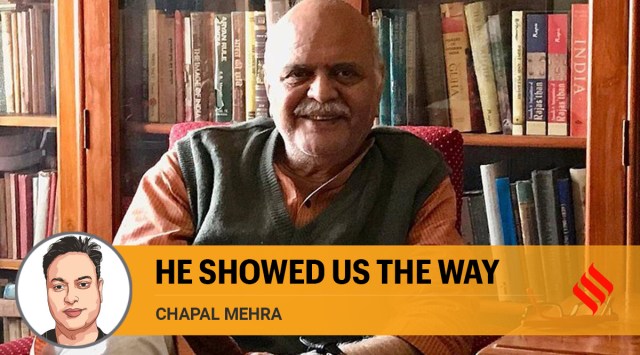 Kidwai was one of the first academics to publicly speak as a member of the LGBT community. (Photo: Wikimedia Commons)
Kidwai was one of the first academics to publicly speak as a member of the LGBT community. (Photo: Wikimedia Commons)It’s hard to pack a life into words. If we must, the life of Saleem Kidwai could be encapsulated in these — kindness, generosity and love. Many knew him as a scholar, arguably India’s finest queer activist and writer, an authority on the Urdu ghazal. He was all of those but most importantly, he was a generous, wise and loving friend for those whose lives he touched.
His work and influence in India’s queer rights movement provided millions of South Asians globally the evidence to say to themselves and to the world that same-sex love was part of their historical, cultural and religious traditions. Few, however, know of his work to help build a queer community in Delhi. Perhaps even fewer know of his kindness, support and generosity in helping others in times of utter darkness.
I remember the time he started calling me mausi, an epithet to my obsession with Meena Kumari and the cringeworthy drama that I enacted all the time in his home. His understated wit and sarcasm were legendary. A close friendship developed, where we shared not only our adventures but also our love of poetry and music, building a bond of deep affection and camaraderie.
While a born-and-bred Lucknowi, Saleem came to adulthood in Delhi where he taught at Ramjas College. His parties and hospitality were renowned. His love of poetry and music was well-known. However, most precious was his ever-reliable friendship.
Few knew that he was unable to defend his PhD at McGill University because he had been arrested in a gay bar and could not go back to Montreal. Even fewer knew of the sacrifices he made, as an openly gay man, to stand tall among a generation of gay men who had but two choices — to either leave India or get married. This is why to know him was to know courage and integrity.

Saleem was a giant in academia and his work not only on same-sex love but on medieval history and, particularly, on the tawaifs was incomparable. He knew Akhtari Bai and Malika Pukhraj personally. Of these, to Akhtari, he was like a son. We spent evenings and nights discussing the merits of Rasoolan Bai, Akhtari and Pukhraj over chai. He patiently explained the Urdu couplets to me, from Mir and Ghalib to Faiz. His translation of Pukhraj’s memoirs remains a retelling of the tawaif story like no other. This earned him a fan following across the border.
I was singularly struck by his large-heartedness and ability to help in a crisis. He never gave up when many others did. His single-minded devotion to fairness, equality and inclusion was remarkable. His version of ishq, like the poetry he loved, was intense and deep. It included not just romantic ishq but friendships that sustained over decades through nurturing.
Saleem’s love for archiving was unparalleled. He regularly exhorted me and Sunil Gupta: Write it down, you have to tell others how we arrived here. It’s part of the queer story.
 His friends and peers regularly borrowed his ideas and repeated them as their own but to Saleem, it was a minor lapse. A Kathak dancer, a wannabe historian, once turned up at his doorstep in Lucknow when I was visiting. I told him, “She is going to steal every idea without giving a shred of credit.” Saleem smiled and said, “Let her, it’s just knowledge.”
His friends and peers regularly borrowed his ideas and repeated them as their own but to Saleem, it was a minor lapse. A Kathak dancer, a wannabe historian, once turned up at his doorstep in Lucknow when I was visiting. I told him, “She is going to steal every idea without giving a shred of credit.” Saleem smiled and said, “Let her, it’s just knowledge.”
My fondest memories of him are from when we worked together to establish a gay group in Delhi. We would often bicker but Saleem’s kindness, patience, experience and learning showed us the way. He taught and raised us, even though we were often deficient pupils.
I remember when we stood outside a club hosting Delhi’s first gay night. Saleem said to me, “I never thought this would be possible in my lifetime.” Indeed, most of us didn’t imagine many things possible. The reading down of Section 377, the building of an emerging gay community. He never saw this as enough, reminding us that there was a lot more to be done.
We spoke regularly during the pandemic and on his birthday we made a plan that Sunil and I would visit him soon. This, however, was not to be.
As I write this, I can only hope that those who seek freedom, love and equality in India will carry forward his work and legacy. It needs no credit, just as the man himself didn’t.
With his passing, we are trapped in this unbearable feeling of loss. As his queer family, we have no closure. We sit on the aisle of memory, hoping that we may untangle and fathom our loss. Saleem would have smiled at this show of sorrow and quipped, “Chin up, mausi!”
This column first appeared in the print edition on September 2, 2021 under the title ‘He showed us the way’. The writer is a public health expert
EXPRESS OPINION
Best of Express
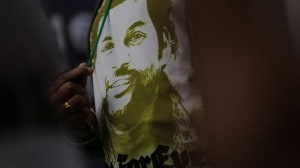
More Explained
May 05: Latest News
- 01
- 02
- 03
- 04
- 05


